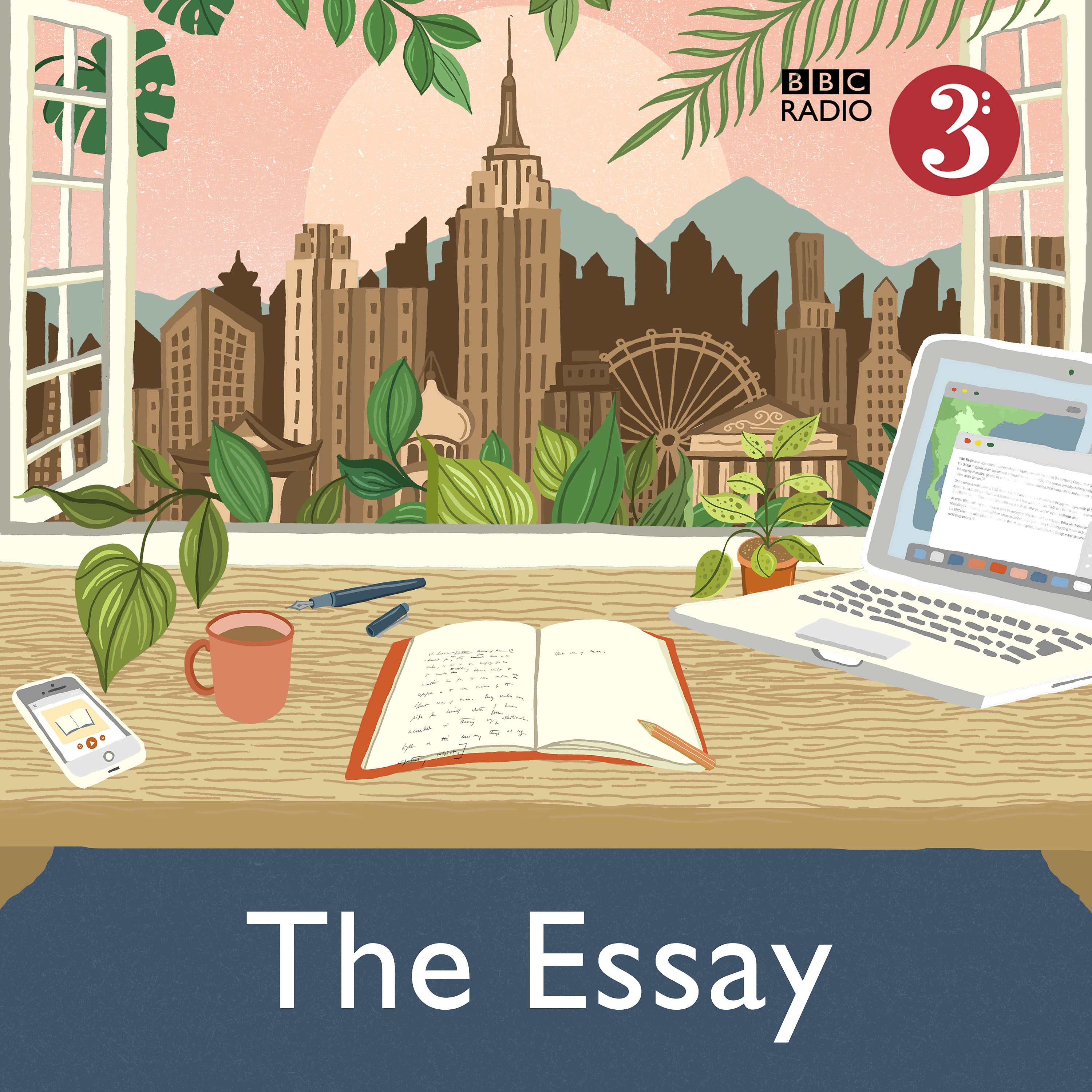- Culture
- SEE MORE
- classical
- general
- talk
- News
- Family
- Bürgerfunk
- pop
- Islam
- soul
- jazz
- Comedy
- humor
- wissenschaft
- opera
- baroque
- gesellschaft
- theater
- Local
- alternative
- electro
- rock
- rap
- lifestyle
- Music
- como
- RNE
- ballads
- greek
- Buddhism
- deportes
- christian
- Technology
- piano
- djs
- Dance
- dutch
- flamenco
- social
- hope
- christian rock
- academia
- afrique
- Business
- musique
- ελληνική-μουσική
- religion
- World radio
- Zarzuela
- travel
- World
- NFL
- media
- Art
- public
- Sports
- Gospel
- st.
- baptist
- Leisure
- Kids & Family
- musical
- club
- Health & Fitness
- True Crime
- Fiction
- children
- Society & Culture
- TV & Film
- gold
- kunst
- música
- gay
- Natural
- a
- francais
- bach
- economics
- kultur
- evangelical
- tech
- Opinion
- Government
- gaming
- College
- technik
- History
- Jesus
- Health
- movies
- radio
- services
- Church
- podcast
- Education
- international
- Transportation
- Other
- kids
- podcasts
- philadelphia
- Noticias
- love
- sport
- Salud
- film
- and
- 4chan
- Disco
- Stories
- fashion
- Arts
- interviews
- hardstyle
- entertainment
- humour
- medieval
- literature
- alma
- Cultura
- video
- TV
- Science
- en
Ambulances

Among the 20th-century's most significant English-language poets, Philip Larkin (1922-1985) is often regarded as one of literature’s great pessimists, a writer who described postwar Britain and the mores of modernity with a gloomy cynicism bordering on the fanatical. Dismissive of notions of god and religion, drawn to failures of human communication, he is a figure reluctantly moored to the meaninglessness of the quotidian. And yet, from such positions of despair, his poetry often reaches for the divine: he is also a soul in search of something beyond the seen, whose best poems reach for the numinous, celebrating moments of mystery and encounters with “unfenced existence”. In a week of essays to mark his centenary year, five UK poets each take a short poem by Larkin as the starting point for an exploration into their own attitudes to faith, belief and the spiritual. In this fourth episode, Vidyan Ravinthiran discusses the religious role played by the NHS in an essay on collective faith and private ritual, inspired by a close reading of Larkin’s poem 'Ambulances'. Writer and reader: Vidyan Ravinthiran Producer: Phil Smith A Far Shoreline production for BBC Radio 3